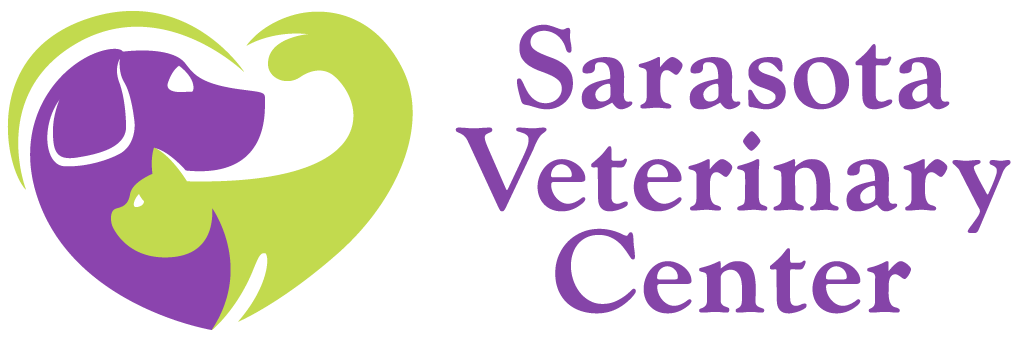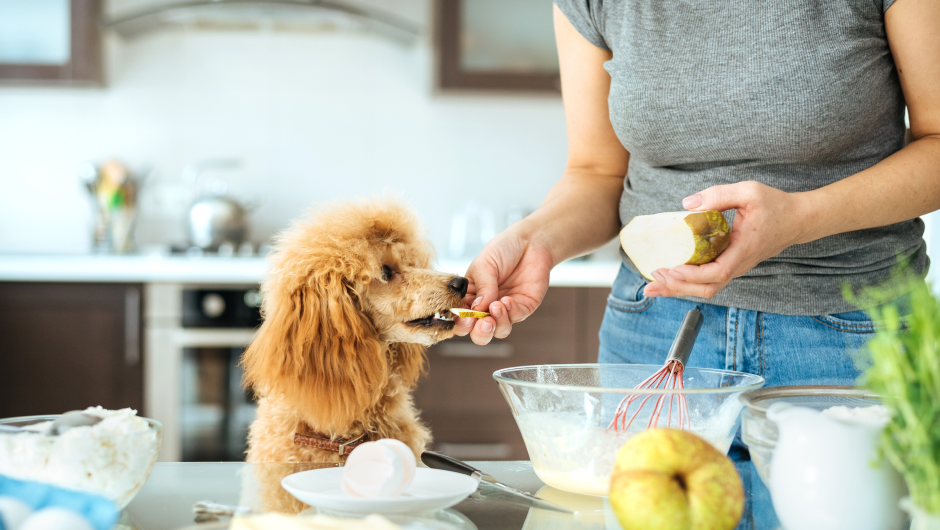Understanding Harmful Foods for Pets!
The media has done a very good job of advising pet owners not to give their pet’s jerky treats or any treat made in China, because they have been causing illness and death for a number of years now. However, it is equally important for pet owners to be aware of common “people foods” and other harmful foods for pets that should never be given, because they digest them differently than humans do. A simple seasoning, plant, herb or fruit that seems harmless to us can cause serious health issues in animals and can potentially lead to death.
Below are the top harmful foods for pets and other common household products you should avoid at all costs:
Onions– When digested by pets, onions can wreak havoc on blood cells, causing anemia, liver damage, breathing issues and death.
Garlic– While this popular food seasoning contains the same compounds as onions, it takes a larger helping of garlic to do damage. Cats are particularly sensitive to garlic.
Chives, Leeks, Shallots– If consumed by pets, these herbs and plants are dangerous and potentially as toxic as onions.
Grapes, Raisins, Prunes, Currants– A small serving of these fruits can cause kidney failure and severe liver damage. Do not feed even a few to your pet!
Avocados– This pear- shaped fruit contains a toxin called “persin” that is on the fruit, the seed, the bark and even leaves of the avocado tree. Ingesting persin may lead to breathing problems, fluid build-up in the chest and abdomen, heart disease and death. Be sure to keep your pet away from these trees and any avocados you have in the house.
Chocolate– Baking chocolate can be fatal, even in miniscule amount. Dark chocolate also is pretty toxic, causing cardiac arrhythmias, seizures, coma and death. Milk chocolate is less toxic, but still can cause gastrointestinal (GI) problems and, in large amounts, can lead to the same health issues as dark chocolate.
Caffeine– Coffee and coffee beans are basically a poison for pets, just like chocolate. Make sure your pet cannot get into your coffee beans or ground coffee. Under no circumstances should you ever give your pet chocolate-covered coffee beans as a treat!
Tobacco– Nicotine is far worse for pets than humans although it is toxic to both. Nicotine not only will damage a pet’s digestive system, but also will affect the heart and nervous system, leading to a rapid heart rate that can cause animals to faint and possibly never recover. Make sure to keep all tobacco products (including cigarette butts) in a place where your pet cannot find them and eat them.
Xylitol– Most commonly found in sugar-free gum, this artificial sweetener also is used in other sugar- free foods, such as candies and baked goods. Even small amounts can cause pets to have low blood sugar in a little less than half an hour. Symptoms, which include vomiting, weakness and trouble walking, quickly can escalate to seizures, liver failure and death.
Fat– Large amounts of butter, margarine, fat trimmings from meat and cooking oils will upset the GI tract and may lead to pancreatitis. Even worse, consumption of fat can lead to the failure of multiple organs and death. Pets do best with only small amounts of fat in their diet, and they get that from their own food. Never give your pet a fatty treat.
Peach, Cherry, Plum, Pear, Apple, Apricot and Persimmon– The seeds of these fruits- as well as the stems and leaves of the tree- contain cyanide, which is very dangerous. The large pits and seeds of some of these fruits also can cause GI obstructions.
Bones– Everyone thinks that a good dog needs a bone, but, in reality, there are multiple health problems that can be caused by chewing on bones. They are, in fact, one of the most common reasons for trips to pet emergency centers. Bones cause broken teeth, get stuck in the mouth and throat and lacerate the oral cavity and the back of the throat, stomach and intestine. They also can cause GI obstructions, which will require surgery, and they also can cause rectal bleeding. Buy safe toys and healthy chews, and put the bones in the garbage where your pet cannot get to them.

